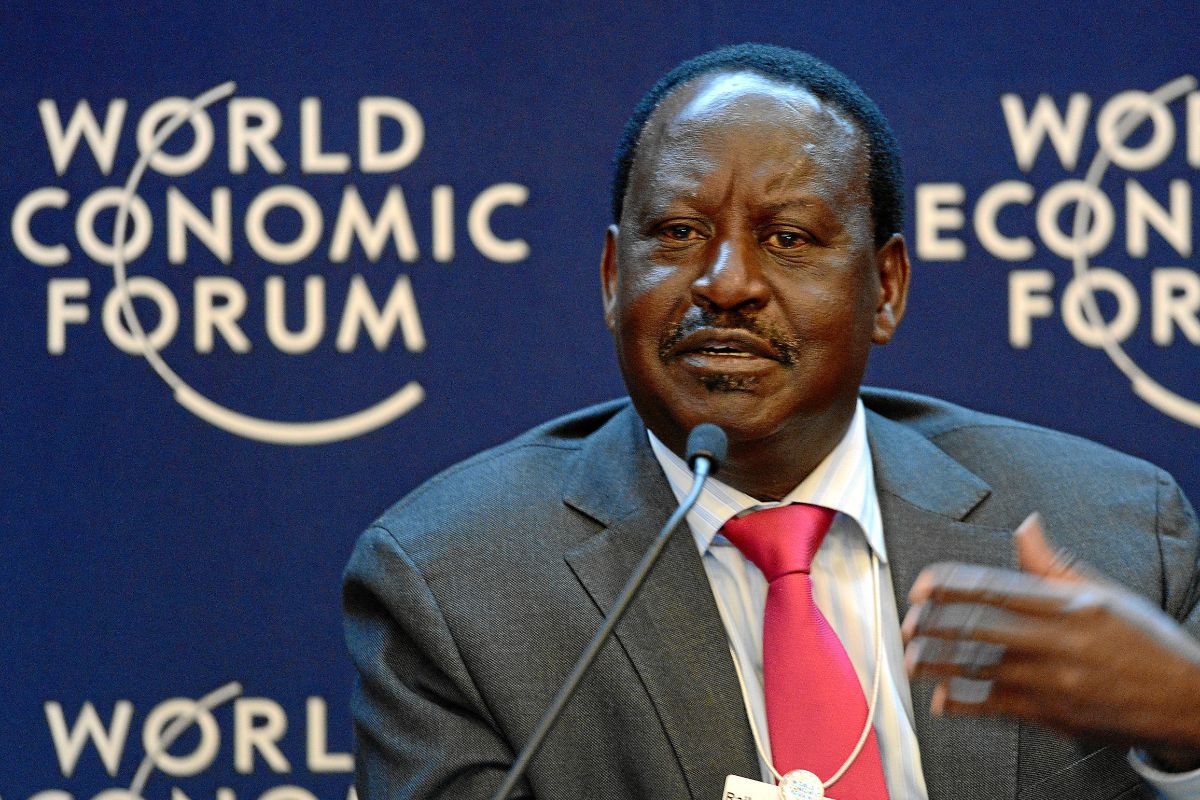
Ramaphosa leads South Africa in mourning Raila Odinga
From Cape Town to Nairobi, Raila Odinga’s death resonates; a reminder that the fight for democracy is shared across our lands.

President Cyril Ramaphosa has officially extended his condolences to the late former prime minister of Kenya, Raila Odinga, calling him a “patriotic and selfless leader” whom he knew as a friend and “brother.”
He praised Odinga’s devotion to not only Kenya but the continent’s peace efforts – including his role in mediating conflicts under the African Union.
Ramaphosa’s message echoed across South African media. News24 quoted him stating, “The nation of Kenya and our continent have lost a patriotic and selfless leader.”
What this mourning means for South Africa
When President Ramaphosa speaks of loss, it carries weight. Here’s how this matters back home, and across Africa:
- Solidarity above borders: South Africa standing in grief with Kenya signals that African unity is more than rhetoric. It’s empathy.
- Values tested: As a democracy with its own challenges, we watch Kenya’s response closely. How institutions handle transitions, public order, and respect for legacy sets cues for the rest of the continent.
- Legacy and lessons: Raila Odinga’s long fight for electoral reform, press freedom, and accountability, struggles familiar to many South Africans, inspires reflection on our trajectories.
- Media & public discourse: South African commentators are asking if we do enough to support African leaders who resist authoritarianism. Raila Odinga’s life becomes a lens through which we examine ours.
Remembering Raila Odinga’s life – and how he influenced many
- Raila Odinga died in India, reportedly from cardiac arrest, on 15 October 2025.
- Kenyan President William Ruto declared seven days of national mourning and announced a state funeral.
- He held the office of Prime Minister from 2008 to 2013, and was a key opposition figure running for president five times.
- Ramaphosa referenced Odinga’s AU appointment to mediate peace in Côte d’Ivoire in 2010 as an example of his continental reach.
What’s next for Kenya?
In Kenya, the funeral and mourning days are underway, tensions rising near public viewings, but the state is trying to manage order.
Some violence broke out during events, reminding us how grief and politics often collide.
For South Africans and Africans everywhere, this is a moment to reflect. Not just on what was lost, but on what must be protected our freedoms, our institutions, our voices.
